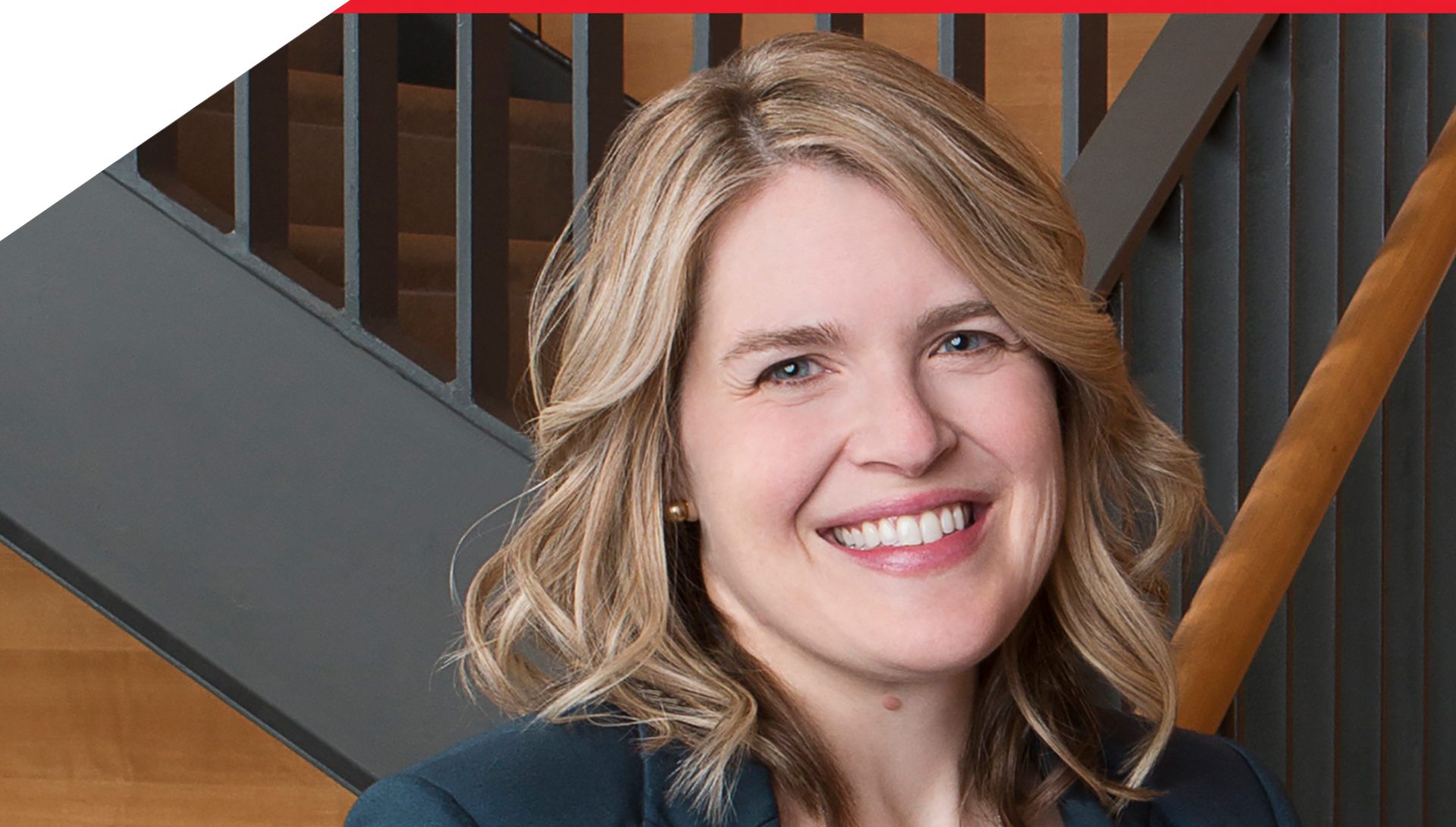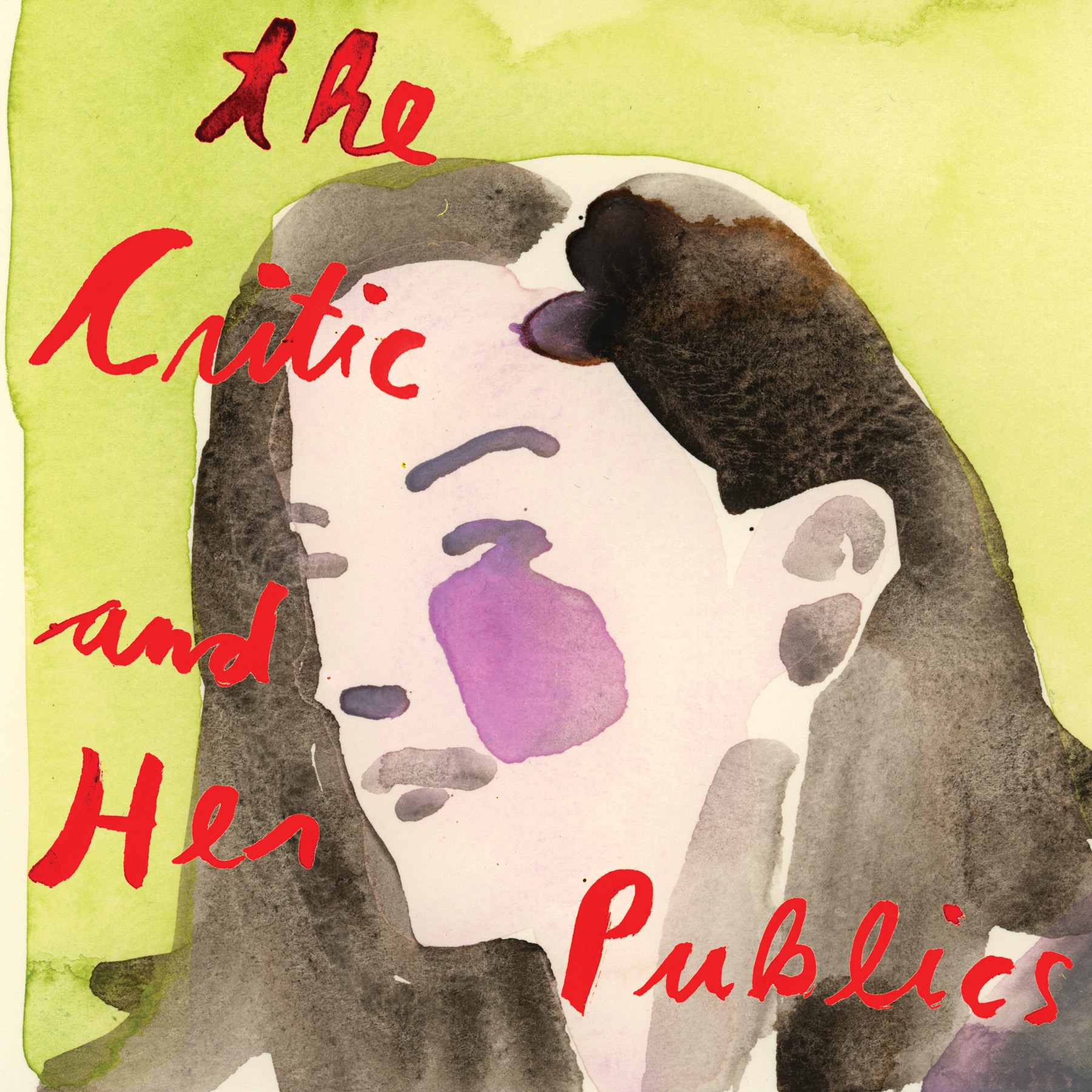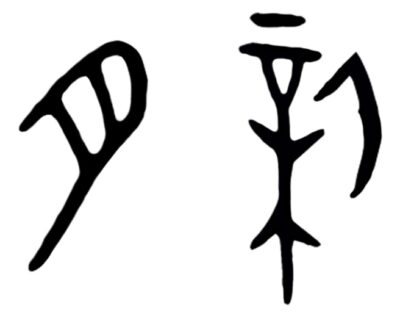Designs on a Rewarding Career: Sharon Belden Castonguay, Director of the Gordon Career Center

Once upon a time, graduating students could reasonably expect to pick a single career path that would see them straight through their working years. Today, finding a career path can more closely resemble orienteering.
Sharon Belden Castonguay, the director of the Gordon Career Center, helps Wesleyan students and alumni manage the unpredictability of the modern job market by teaching them how to think, instead of what to expect. It’s the thrust of her new online course, Career Decisions: From Insight to Impact.
“It’s designed to get you thinking about your past experiences, analyzing your decision-making style, and examining how culture is influencing those,” Castonguay says. “It’s a reflective, deep dive into everything you’ve done so far and where you might take all of it going forward.”
When she arrived at Wesleyan five years ago, Castonguay immediately noted that the Career Center’s largest constituency was (and remains) undecided students, both in terms of majors and career paths. This presented an exciting challenge: how to effectively pair these brilliant, motivated individuals with an ever-evolving job market.
Using her background in adult developmental psychology and previous experience at Boston University’s Questrom School of Business and other well-known management schools, Castonguay developed an intensive January program, Careers by Design, while Gordon Career Center colleagues delivered a concurrent seminar focused on best practices for an effective job search. However, many students could not attend during Winter Break, making the programs hard to scale. This led her to the Coursera platform, which offered both flexibility and scalability, as well as an on-campus partner in Jeffrey Goetz from the Wesleyan Center for Pedagogical Innovation. They worked together with Coursera to address the shared concerns of graduates and early-career professionals about job selection, fit, and satisfaction. The course launched as a Massive Open Online Course (MOOC) in May, and is free for Wesleyan community members.
“One of the things I think that happens, especially at elite schools like Wesleyan, is choice paralysis,” Castonguay says. “Students feel tremendous pressure to pick a career path that reflects their intelligence and effort, but they also aren’t sure they want to go directly into a more traditional field like law or medicine. They get stuck. That’s where design thinking comes in.”
Design thinking, Castonguay says, is a means of selectively unwinding intuition, or intellectually maneuvering around fears and biases that often prevent people from making choices and moving forward. In the case of Wesleyan students or graduates, those barriers can be anything from familial or societal pressure to succeed, to monetary concerns, to the felt need for a career that is both motivating and meaningful. Couple that with a dizzying number of options (a current Wesleyan student will find more than 3,500 job and internship postings in the Gordon Career Center’s system hand-picked by employer relations staff at any one time) and things can get overwhelming very quickly.
Castonguay’s course is a means of teaching young job-seekers the skills by which they can analyze what they want and what might be holding them back. These are vital skills in a job climate that evolves so quickly, where the position someone has currently may not exist in five years, or their future position may not exist at present. Critical thinking and intellectual agility are paramount.
“A big part of the Career Center’s mission is to train students to manage their careers over a lifetime,” Castonguay says. “We don’t want them just to get a job after graduation, because there’s no such thing as a linear career path anymore. We want them always thinking about what they’re interested in doing, what the job market is telling them would be a good bet, and where those two intersect. That’s a moving target that can only be reached by thinking creatively.”
The Career Decisions course features a variety of content, from videos to animations to exercises, to keep learners engaged and to match the topics being discussed to the best method for learning them. Castonguay is already seeing the course pay dividends for first-year students who have taken it, as they come to Wesleyan prepared to take ownership of their learning and career goals.
“There isn’t an online course anywhere that you take and suddenly everything becomes crystal clear,” Castonguay says. “The ideal outcome for this course is that it gives you the mental framework to question your decisions and adjust your goals and perspectives. You’ll be comfortable asking yourself: Is this the right thing for me today and what might be the right thing for me tomorrow and well into the future?”



